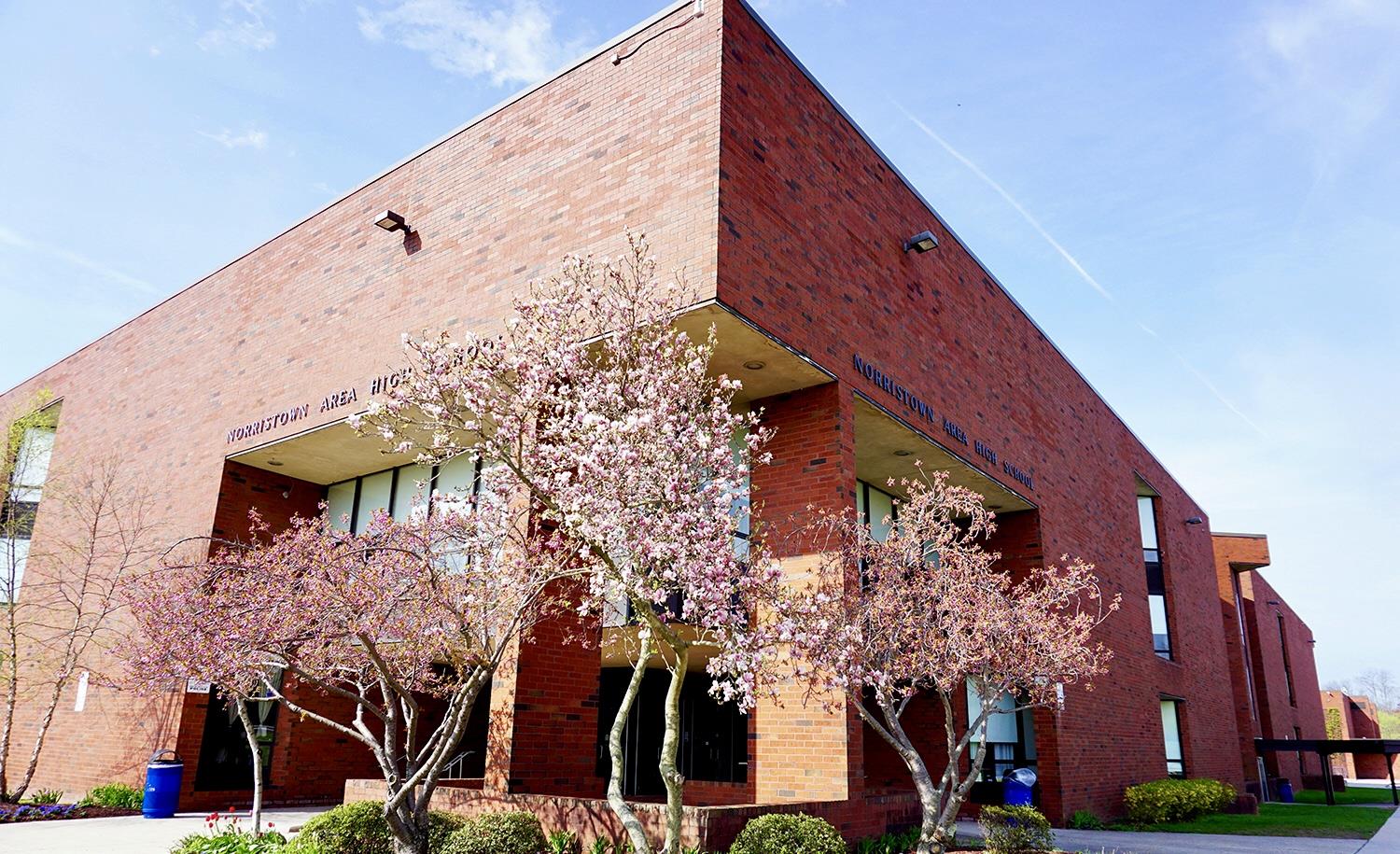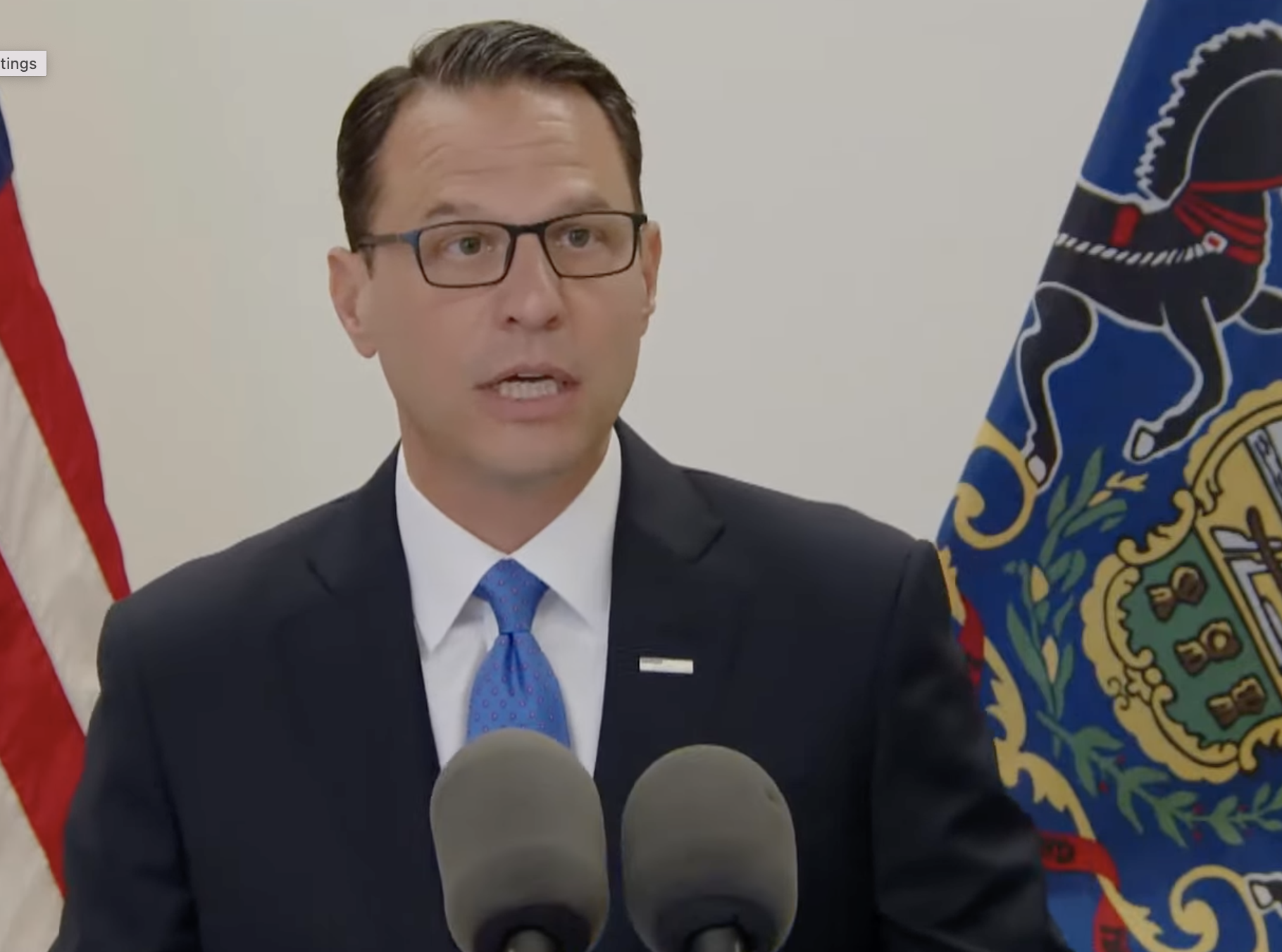Some Hope Legislature, Governor May Yet Approve School Choice Program

Gov. Josh Shapiro’s flip-flop on a school voucher program to help children in the bottom 15 percent of Pennsylvania’s public schools stalled the state budget, disappointing many parents looking forward to sending their kids to better schools.
Fifteen U.S. states, plus Washington, D.C., and Puerto Rico, have active school voucher programs. School choice programs, including charter schools or tax credit scholarships, are available in 18 other states.
Pennsylvania might have become the 16th state with a school voucher program this summer. However, in early July, Shapiro announced he would line-item veto the $100 million Pennsylvania Award for Student Success (PASS) school voucher program from the budget. The governor cited the impasse between the House and Senate for his decision. But critics say he caved to teachers union demands, perhaps with an eye on his political future.
School voucher advocates say Shapiro should have honored his campaign promise and approved the PASS program.
“I think he has the votes to support it in the House…if he would have actually pushed for it,” said Nate Benefield, senior vice president at the Commonwealth Foundation. “He kind of wanted to make it easy, but in reality, made it difficult. I think it was a miscalculation on his part.”
Benefield said Shapiro needs to be “a strong leader” on the school voucher issue like he was during the 2022 campaign.
“He’s been consistent on supporting educational choice,” Benefield acknowledged. “But there is a difference…as governor saying “‘Hey, this is something I support’…and getting it done.”
Shapiro, for his part, said he still wants school vouchers to become a reality for Pennsylvania parents and students.
“I consider it to be unfinished business, something the House and Senate need to keep working on,” the Democrat told an audience in Penn Hills last week. “I think it’s important that we fully fund our schools and we give children who are struggling in difficult situations more opportunity to learn.”
The veto did not sit well with some House Republicans.
“Why is the governor breaking his promise to the children and people of Pennsylvania? Because he buckled to a small group of radical Democrat representatives who prioritized special interests and their own jobs over what’s right for our kids.” wrote Rep. Martina White (R-Philadelphia) in DVJournal.
“We know one year of learning loss can translate into thousands of dollars in lost lifetime earnings,” White said about the massive disruptions in education during the pandemic. “We know two out of three Pennsylvanians support school choice for students in the worst performing schools. We know we need education options for parents and students now.”
Observers say school vouchers is an issue that isn’t going away.
“What side blinks first?” said Benefield. “Senate Republicans have basically said this is part of the deal. If the Democrats want funding for billion dollars in programs that don’t have authorization language, they need to go along with this. House Democrats have yet to blink on that.”
“Senate Republicans took Gov. Shapiro at his word when he promised to support Lifeline Scholarships (the first name for PASS) in the budget,” said Commonwealth Partners president and CEO Matt Brouillette. “Kids trapped in failing schools hope they can count on him this time to deliver on his promise to rescue them.”
Others portray the school voucher issue as more of a “when,” not if scenario.
“Pennsylvania is one of several states where school choice has passed or expanded with bipartisan support and even divided government,” said Tommy Schultz, CEO American Federation for Children, who sees school vouchers as an issue of parents taking control of their child’s education. “Empowering families should not be a partisan issue; in fact, a super-majority of every political party and demographic – including 66 percent of Democrats in a recent poll – support it. Democratic party leaders who have chosen to represent the unions instead of their constituents on this issue do so at their own political peril.”
“The fact is that families want more agency over their K-12 experience, and the demand for options is only growing stronger,” said Aaron Garth Smith, director of education reform for the Reason Foundation. Smith commented that Shapiro knows parents support school choice. “His tone has certainly been more productive than many other Democrats across the country, so hopefully, they can strike a deal that gives parents what they want.
“Education choice isn’t about public schools vs. private schools—it’s letting parents decide what’s best for their kids. Public schools work great for many kids, but others need something different,” said Smith.
Smith sees the current push towards school choice as something that completely changes how education is viewed in the U.S.
“The pandemic was the tipping point that led to the school choice moment. What we’re witnessing is fundamentally changing public education for the better at a breathtaking pace. Decades from now, I think we’ll look back and say that school choice was the most important issue coming out of the pandemic. It’s changing how we think about education,” said Smith.
The legislature will return in mid-September.
Please follow DVJournal on social media: Twitter@DVJournal or Facebook.com/DelawareValleyJournal



